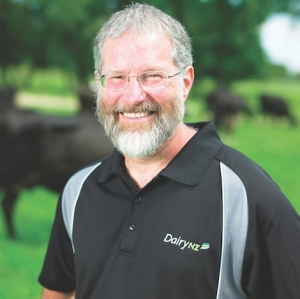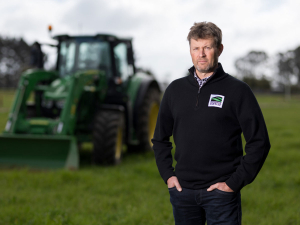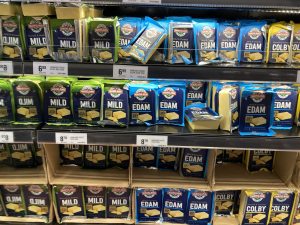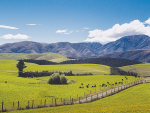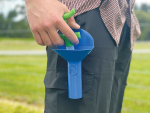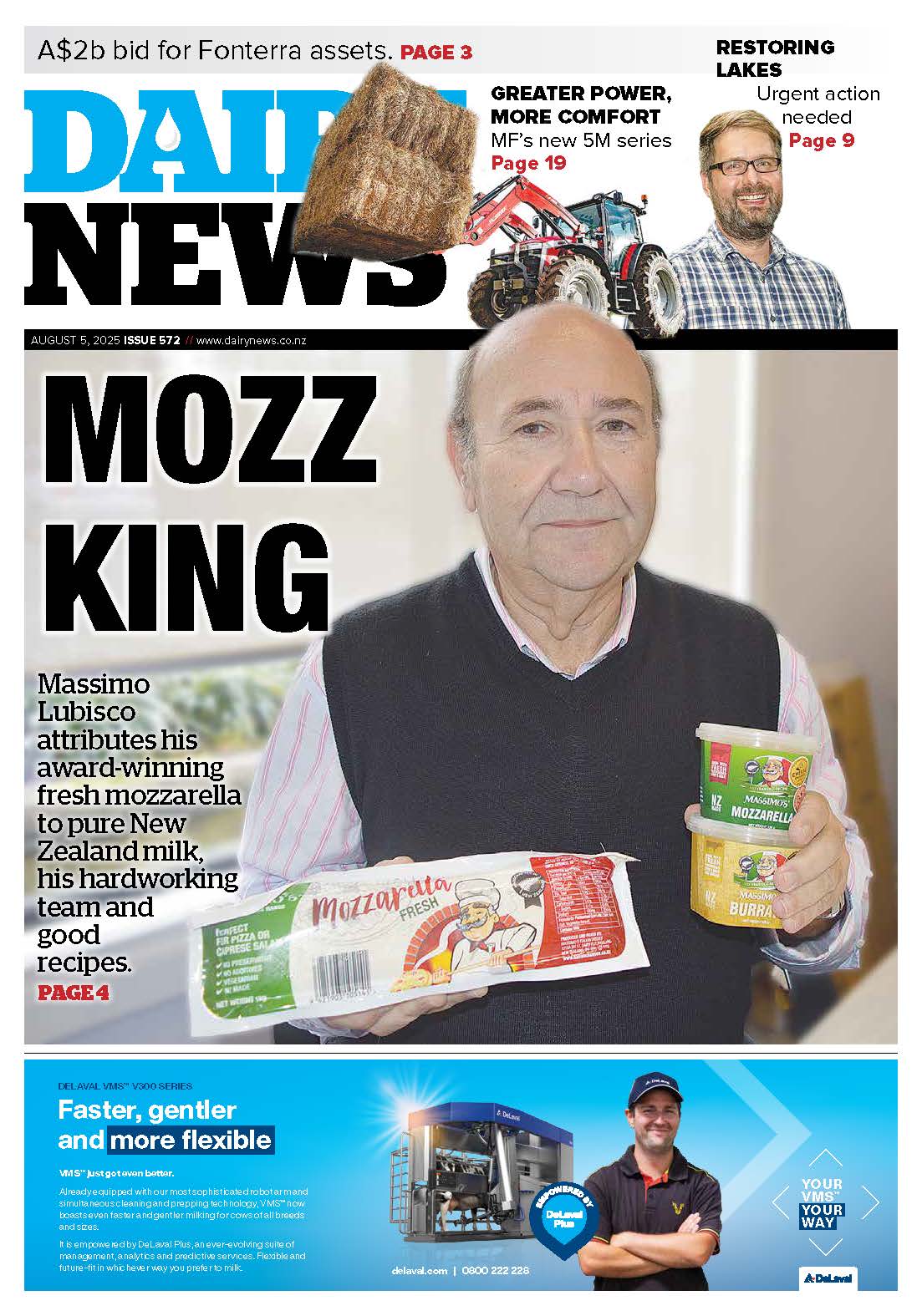This year the industry-good organisation will spend $11 million – up from $6.7 million last year on new initiatives to help farmers meet the new environmental standards, including ‘boutique solutions’ for individual farms.
DairyNZ’s decision to pay out more coincides with the country’s 15 regional councils starting to implement the National Policy Statement on Freshwater Management.
DairyNZ’s strategy and investment leader for sustainability, Dr Rick Pridmore, says the other issue farmers have to deal with is the new Sustainable Water Accord, which replaced the Clean Streams Accord.
Pridmore says to honour the dairy industry’s commitment to both these initiatives, DairyNZ realised it needed to spend a lot more money.
“To meet these commitments I’ve taken money out of other programme that were becoming less important now and we have redirected the money to this area,” he says.
The extra money DairyNZ will spend on environmental matters will go to a number of areas. One relates to the economic analysis of proposed regional councils plans known as ‘section 32’s’. Many councils came under fire from central government for their poor performance in this area, and changes to the Resource Management Act are being made to force them to do better. DairyNZ has also been working behind the scenes to improve the quality of some regional councils’ ‘section 32’s’
“We have done a big project with Horizons and we are about to release a report about [it]. We have done work with Environment Waikato and we are doing stuff with Southland shortly and also a lot of work in Canterbury. What we have done is tried to bolster the national capability to improve section 32 analysis and do better assessments of the economic impacts the decisions have on agriculture. A lot of the work is on how we do better farm analysis so we can understand better how farms are impacted; but the real breakthrough has been trying to understand how local communities themselves are affected.”
A public meeting in Dannevirke earlier this year drew attention to the devastating impact Horizons Regional Council’s One Plan would have on dairy farmers in the district and on small towns. Pridmore says this has been an “eye opener” to them.
“A lot of the techniques we used there started to shape our thinking. We have found it’s quite possible to have a region as a whole not be dramatically affected, but to have certain rural communities be decimated.”
The way to deal with the increased workload, says Pridmore, has been to hire more specialist staff including five of the best water quality scientists in the country.
“We needed them so we could talk to councils in a sensible way. [And] we have hired a whole lot of policy people to work with policy people and planners in regional councils. We have hired economists to work with regional councils and beef up that area and we have hired extension people to help make on-farm changes so we can honour our agreement we have with councils. As a result of this we are finding ways that we can actually work with farmers to reduce the environmental footprint by just introducing good practice on farms – a lot better practice than we had before.”
Pridmore says DairyNZ will have to work with individual farmers rather than through discussion groups and that will cost more.
While he accepts that each council will have to do some things differently because of the nature of their regions, he says it would be “nice if there was more consistency”. He says he would like to see a lot more uniformity in the paperwork and can see no reason why it should vary so much from region to region.





